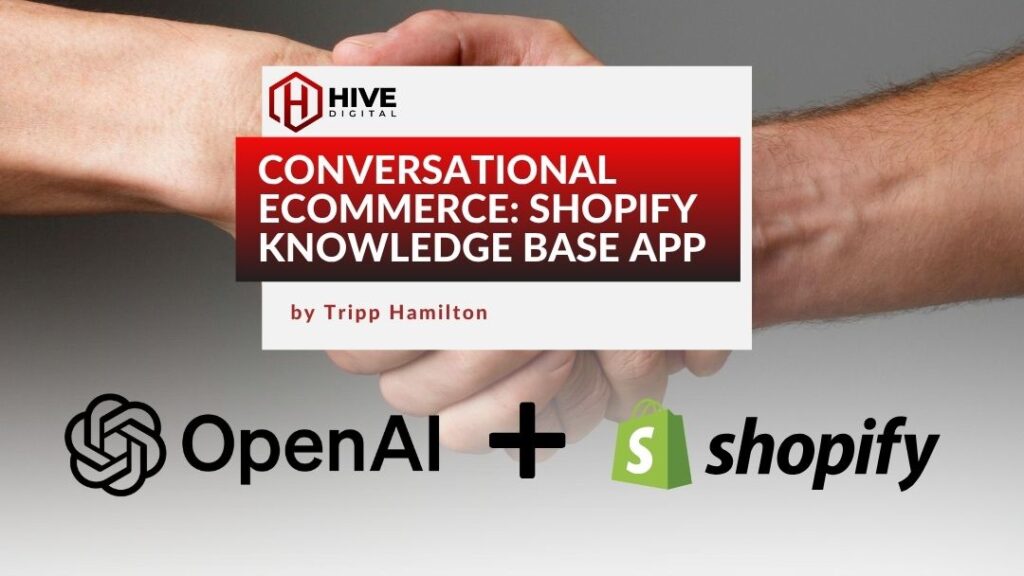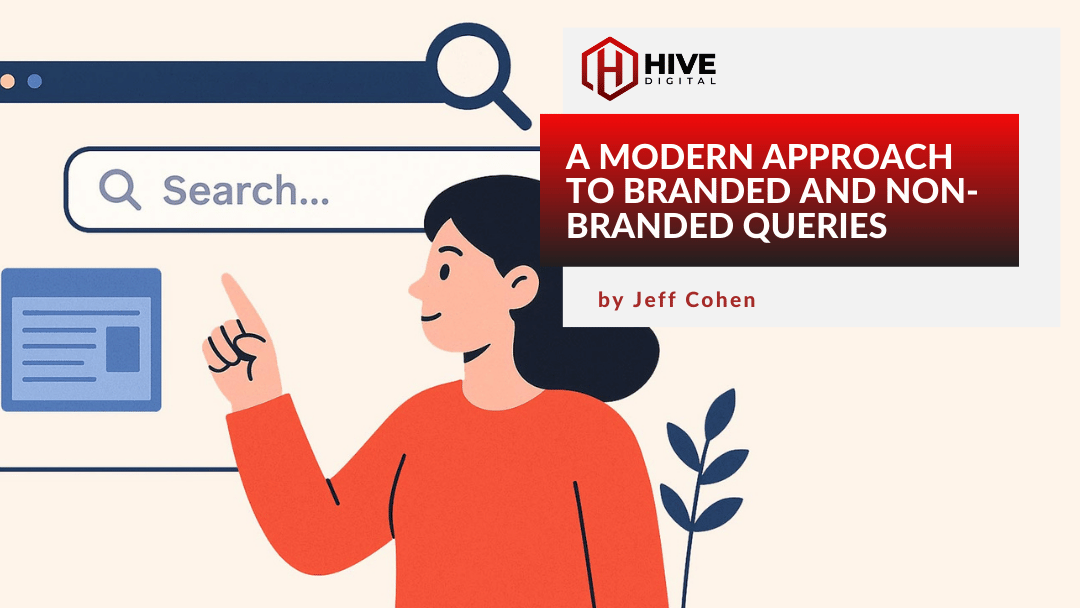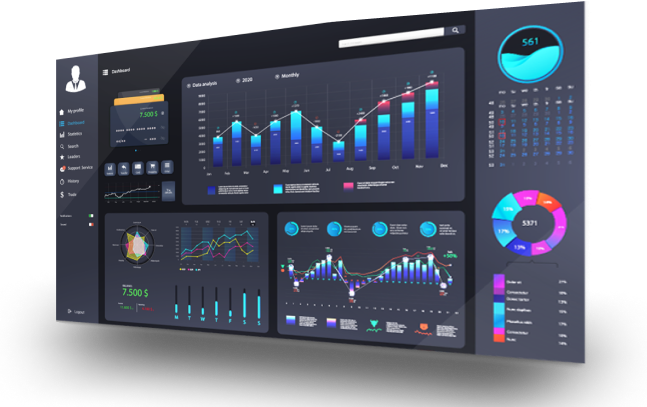AI has fundamentally changed the rules of e-commerce visibility. It’s no longer enough to wait for customers to land on your product page. The decision-making moments, the research, the comparison, and the final logistical questions, are increasingly happening before the customer ever enters your e-commerce storefront on platforms like Shopify.
The recent announcements surrounding the Shopify and OpenAI partnership are not just a technology update; they are a pivot toward conversational commerce (or in this case, conversational e-commerce) where the AI acts as the salesperson, capable of completing transactions without the user ever leaving the chat environment.
This new channel opens up enormous opportunities, but it also demands a major strategic shift. To succeed, merchants must think beyond automation and start feeding AI systems with precise, authoritative data. The Shopify Knowledge Base app isn’t just an FAQ tool; it’s an intelligence layer built for the next era of e-commerce. It trains the AI to answer accurately, but just as importantly, it generates a new kind of data, real insights into how customers think, ask, and decide, that traditional analytics can’t reveal.
The New Point of Sale: Conversational AI
The future of e-commerce transactions is shifting from linear search queries to dynamic, natural language conversations. We are moving from mere search optimization to optimizing for the “AI Shopping Agent.”
LLMs as Proactive Shopping Agents
With platforms like the Shopify Agent platform (MCP) enabling sophisticated interaction, the AI is moving beyond simple recommendation. It acts as a proactive, high-knowledge sales associate. It can compare products, answer complex return policy questions, and guide the user directly to a personalized checkout link, all in-chat.
The Data Mandate is Specific and Verified
Generic website data is now insufficient. For an LLM to confidently guide a customer through a $500 purchase, it requires structured, verified answers about your products, policies, and logistics. Any confusion introduced by outdated or inconsistent information will cause the AI to limit its answers, potentially resulting in lost conversions. This verified data must be fed into the platform’s proprietary systems (in this case, Shopify).
The Black Box Problem in General AI
In traditional analytics, we already contend with a glaring visibility gap, a problem the conversational web severely amplifies.
Where Conversion Intent Hides
When a user interacts with a general-purpose LLM (like public versions of ChatGPT or Gemini), merchants lose complete visibility into the most important part of the conversion funnel: the specific questions that precede the click.
Stay on the Cutting Edge with AI Services
AI is changing the way people search, learn, and buy... Hive is ready for the digital evolution. Our team of expert AI engineers can help you stay visible in new search spaces like generative search engines and AI overviews. We can also help empower your business to use AI solutions for enhanced marketing efficiency and impact.
Discover Hive AI ServicesConsider this common user journey:
- A customer asks a public AI: “What is the return policy for ‘s handmade boots?”
- The customer follows up: “Can I use standard ground shipping for the return?”
- The customer asks a final question: “Are they true to size, or should I order a half size up?”
- Only then does the customer click the link to the product page.
The merchant’s analytics will only see the final landing page visit. The three high-intent questions that determined the purchase decision remain a complete black box.
To strategically optimize for conversational commerce, we need metrics inside the conversational environment, metrics that reveal the moment of customer intent and friction.
The Knowledge Base App as a User Journey Intelligence Tool
This is where the Shopify Knowledge Base app transcends its simple FAQ function and becomes a vital intelligence layer for your AI strategy.
Beyond FAQs: The Data Capture Engine
The app’s primary value is not just the content it stores, but the data it reports. It is the designated capture engine for interactions that happen within the Shopify AI ecosystem.
Unlocking Hidden Intent via Metrics
The app’s metrics panel, detailed in the Shopify documentation, provides the visibility we desperately need. While many data points are useful, one metric is a gold standard for digital marketers: “Questions Asked but Not Answered.”
This single metric offers a direct window into the customer’s conversational mind, revealing:
- Content Gaps: Any unanswerable question signifies a missing FAQ or an unclear policy that the AI cannot verify.
- Confusion Points: High-frequency, unanswerable questions point directly to the most significant areas of customer friction or confusion in your store’s policies or product listings.
- Urgent Product Features: If users repeatedly ask for details the AI can’t find, it highlights features that need to be prioritized and made clearer on product, collection, or landing pages.
By actively monitoring this metric, you can quickly create new, precise FAQs, feeding the improved, authoritative data back into the Shopify AI for instantaneous performance improvement. This creates a powerful, self-optimizing feedback loop.
Optimizing for the AI Associate
Adopting the Knowledge Base app should be treated as a strategic data initiative, not just an IT task.
1. Audit and Refine: Content Control is Non-Negotiable
Avoid allowing the app to auto-generate content without rigorous review. The AI associate now speaks for your brand, and any inaccuracy or misaligned voice can negatively impact conversion rates. You should treat the content within the Knowledge Base as high-priority, branded content that is manually reviewed for accuracy and voice.
- Tactical Requirement: Review the process outlined in the FAQ management documentation and build internal quality control steps.
2. Implement a Dual Data Strategy
The Knowledge Base is for the platform AI; FAQ Schema is for the open web. Use the insights you gain from the Knowledge Base’s metrics (the unanswerable questions) to inform and improve the content you deploy via FAQ Schema on your product and collection pages. This ensures that your authoritative answers dominate both internal Shopify conversations and external Google Search Rich Results.
3. Prepare for the Checkout Moment
The goal of the AI associate is to eliminate friction at checkout. Ensure your Knowledge Base FAQs cover all logistical questions that precede a purchase: accurate shipping costs, current estimated delivery times, return window specifics, and clear policies on exchanges. These details, when verified by the AI, lead to seamless, high-value conversions.
AI Readiness is Data Readiness
The future of e-commerce is not simply about being present in AI chats; it’s about providing the most authoritative, verifiable data to the AI sales associate.
The Shopify Knowledge Base app is not just an administrative tool, it’s the merchant’s essential intelligence layer for understanding and mastering the user journey in conversational e-commerce. Leveraging its unique metrics to close your content gaps is the competitive advantage that will separate market leaders from market followers in the new AI-driven era.
If you’re ready to put together a digital marketing strategy to get your content in front of the right audience for better conversions then contact our team today to learn more.










